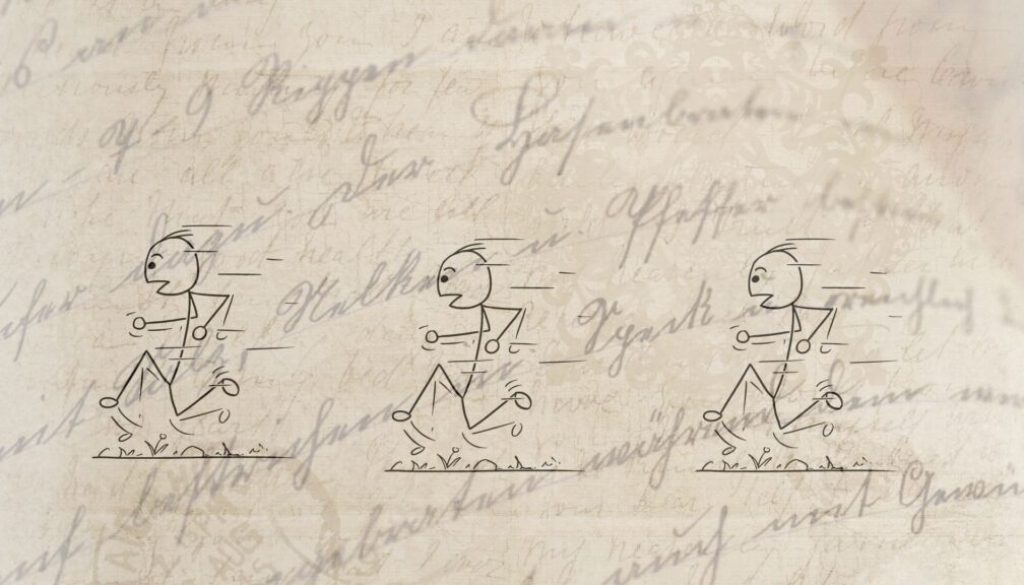Run-On Sentences Vs Long Sentences
A search for long sentences in literature led me to write this post on long vs run-on sentences. Unfortunately, I found many sites, if not educational sites, made no distinction between the two types of sentences. Sadly, several sites listed long sentences written by many of history’s most cherished authors as run-on sentences. Have a look at some of the long sentences in literature. Did you notice? Interestingly, they are not run-on sentences.
At any rate, before writing this post, I wanted to check my assumptions. In order to do it, I asked several friends, and a few strangers to define “run-on sentence”. I’m sad to report that almost 100% thought that long sentences were run-on sentences or as one person put it, “it’s when a sentence just goes on and on and on.” Nope, that’s not it at all.
How Long are Run-on Sentences?
In fact, length has nothing to do with it. Let’s look let’s learn why. The previous sentence is a run-on sentence. First, we’ll define run-on sentence. Once that’s done, the difference between long and run-on sentences will become easier to grasp. Now, let’s look and let’s learn why.
What are Run-on Sentences?
A run-on sentence has two or more independent clauses without any punctuation. (i.e. Clause one clause two or Let’s look let’s learn why). Simple right?
Here’s an example:
Two independent unpunctuated clauses:
Run-on: The batter hit the ball with all his might he got a home run.
Two clauses punctuated with a period:
Fixed: The batter hit the ball with all his might. He got a home run.
Remember, you can’t use a comma to fix a run-on sentence. If you do, you’ll create a comma splice. That’s when a comma separates two independent clauses. To learn more about comma splices read comma splice vs run-on sentences.
Four possible fixes:
1. Use a period
Run-on: You’re the fastest runner you’re not allowed to win
Fixed: You’re the fastest runner. You’re not allowed to win.
2. Use semi-colon
Run-on: You’re the fastest runner you’re not allowed to win.
Fixed: You’re the fastest runner; you’re not allowed to win.
3. Use a coordinating conjunction (e.g. and, but, for, nor, or, so, yet) with a comma
Run-on: You’re the fastest runner you’re not allowed to win.
Fixed: You’re the fastest runner, but you’re not allowed to win.
4. Use a subordinating conjunction (e.g. after, although, as, because, before, even if, if, once, so that, though, unless, until, when, whereas, while) and a comma
Run-on: You’re the fastest runner you’re not allowed to win.
Fixed: Although you’re the fastest runner, you’re not allowed to win.
That’s all there is to it. Again, run-ons have two or more independent clauses without any punctuation. From now on, you can use one of the four fixes to turn run-on sentences in to properly punctuated independent clauses. Finally, a note of caution before we move on, longer sentences are more likely to have run-ons or comma splices. For more on writing great sentences see Comma Splice vs Run-on Sentences.
Additionally, if you wish, refer to Purdue’s Online Writing Lab to clarify any issues you have with English grammar.


